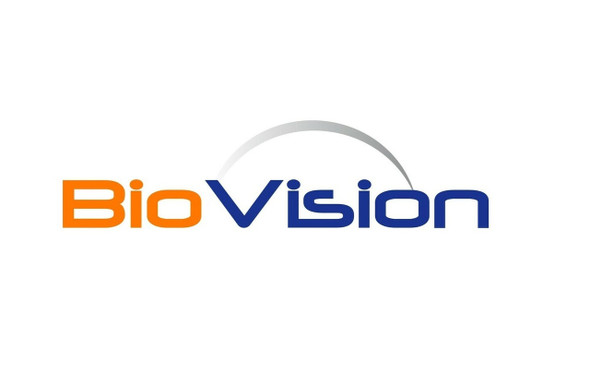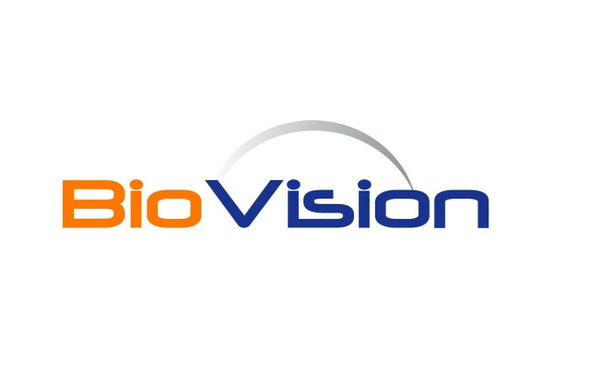Biovision
EZClick™ Myristoylated Protein Assay Kit (FACS/Microscopy), Green Fluorescence
- SKU:
- 26-K497
- Availability:
- Usually Shipped in 5 Working Days
- Size:
- 100 Assays
- Storage Conditions:
- -20°C
- Shipping Conditions:
- Gel Pack
- Shelf life:
- 12 months
Description
Myristoylation is a co- and post-translational modification of proteins. Myristoylated proteins are involved in cellular trafficking, some cellular functions and oncogenesis. In this modification, Myristic acid, a saturated fatty acid is covalently bond to a protein through the action of N-myristoyl transferase (NMT). NMT transfers the myristate moiety from Myristoyl-CoA to a N-terminal glycine of a target protein. NMT is associated with carcinogenesis, the upregulation of its expression and activity is observed in colorectal cancer, gall-bladder cancer and brain tumors. BioVision offers EZClick™ Myristoylated Protein Assay Kit, a highly specific, simple and robust method for labeling and detection of myristoylated proteins. We use Alkynyl Myristic Acid that is fed directly into the cells and gets incorporated into proteins during or post translation, followed by click reaction with and azide-containing dye. This system offers a powerful method for imaging localization, trafficking, and dynamics of myristoylated proteins, or detection by FACS for quantitative studies. Labeled myristoylated proteins can be directly detected in 1D or 2D gels using the appropriate excitation sources, or enriched by immunoprecipitation with biotin-azide or antibodies prior to proteomic analysis. We provide sufficient materials for 100 assays in a 96-well plate format.
Alternate Name: EZClick™ Myristoylated Protein Assay, Myristoylated Protein Labeling Kit, NMT, Myristoylated Protein Assay Kit, Myristoylated Protein Assay Kit (FACS/Microscopy), Myristoylated Protein detection Kit
Tag Line: Labeling and detection of myristoylated proteins
Summary: EZClick™ Myristoylated Protein Assay Kit (FACS/Microscopy): A highly specific, simple and robust method for labeling and detection of myristoylated proteins. 100 assays.
Detection Method: Fluorometric (Ex/Em = 440/490 nm)
Sample Type: Suspension or adherent cell cultures
Species Reactivity: Mammalian
Applications: Identification and localization of myristic acid modified proteins, Screening for genotoxic compounds and effectors of protein modifications, Detection and quantification of biosynthesis, dynamics and turnover of myristic acid modified proteins
Features & Benefits: Simple procedure, Robust method for labeling and detection of myristoylated proteins, Highly specific






